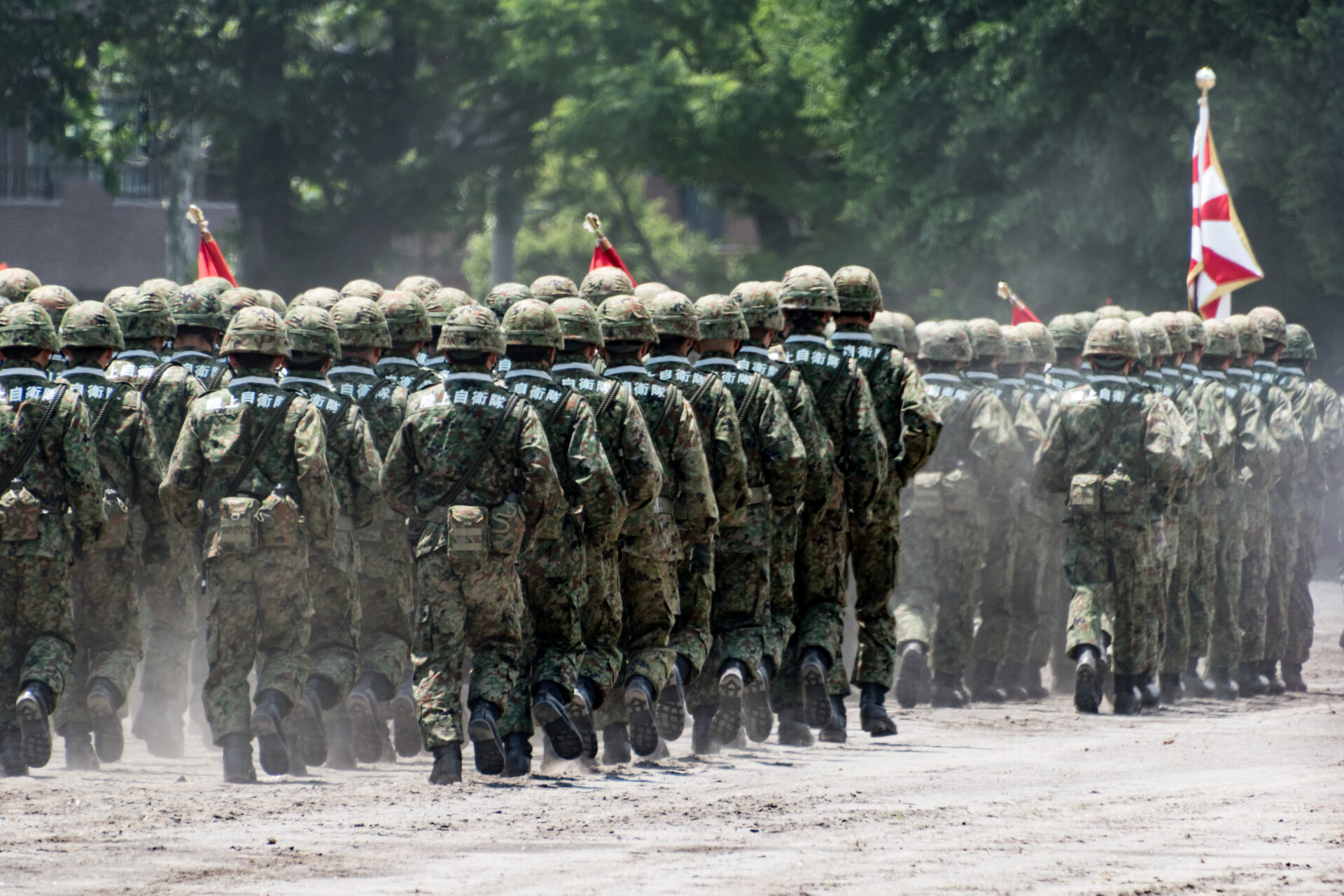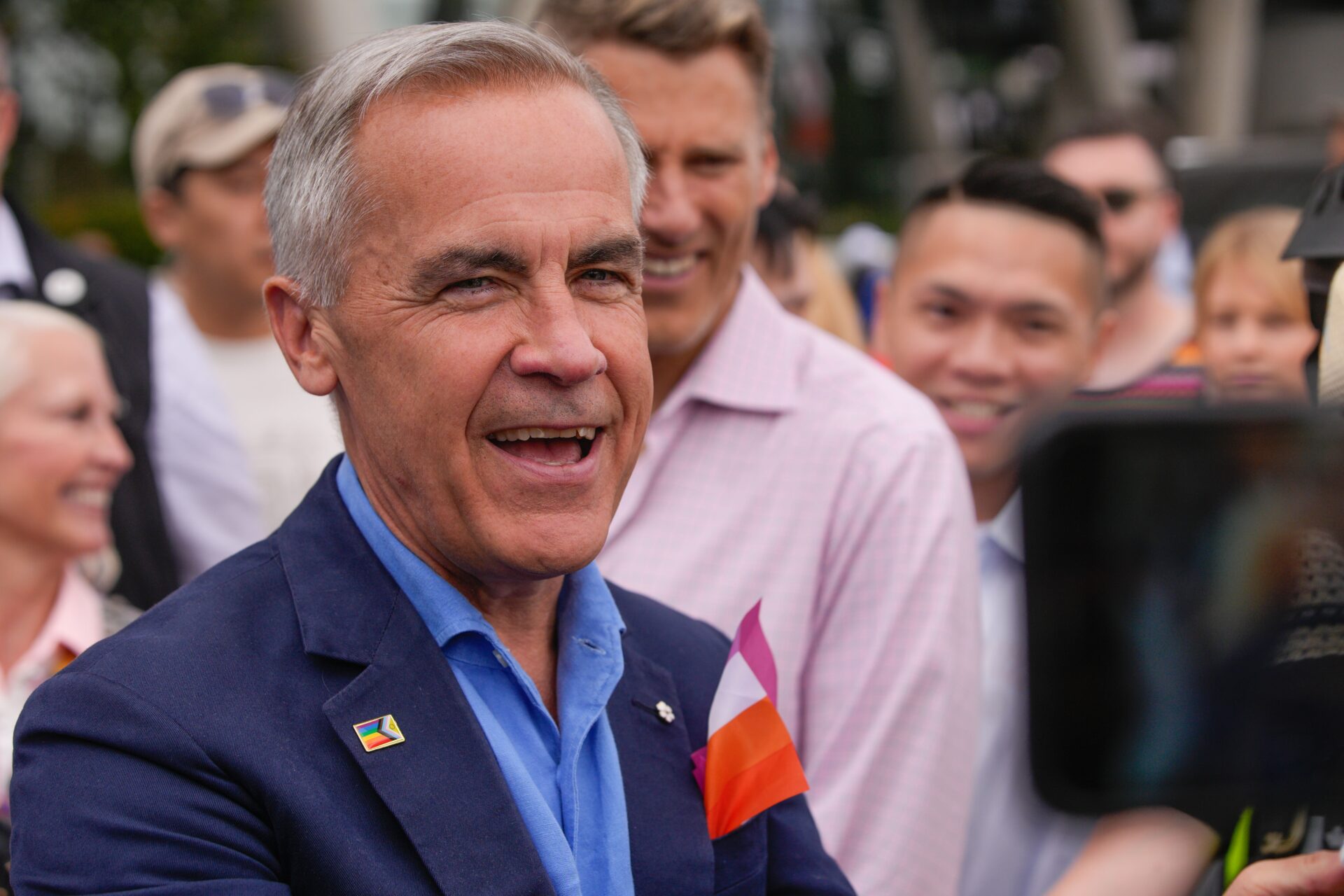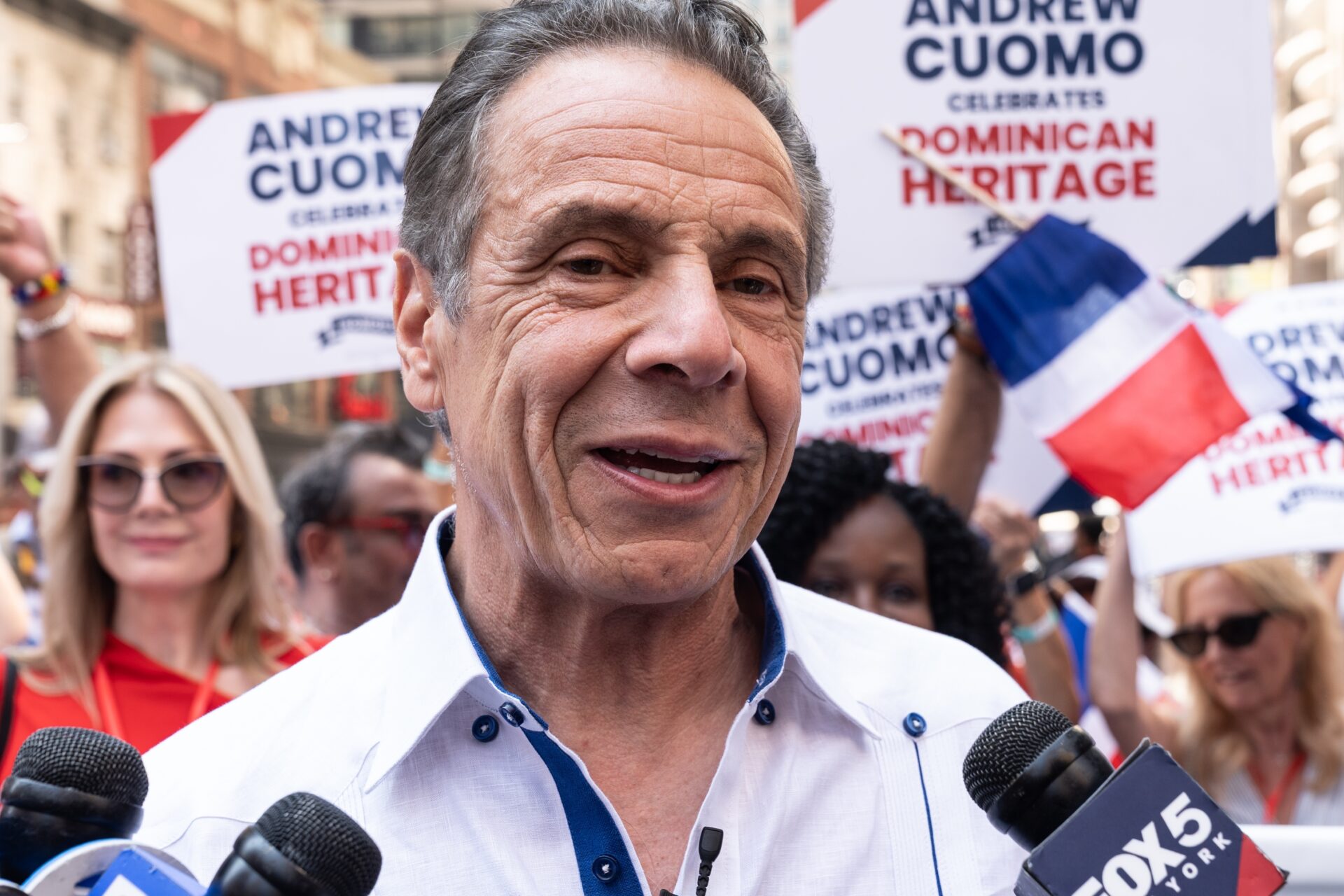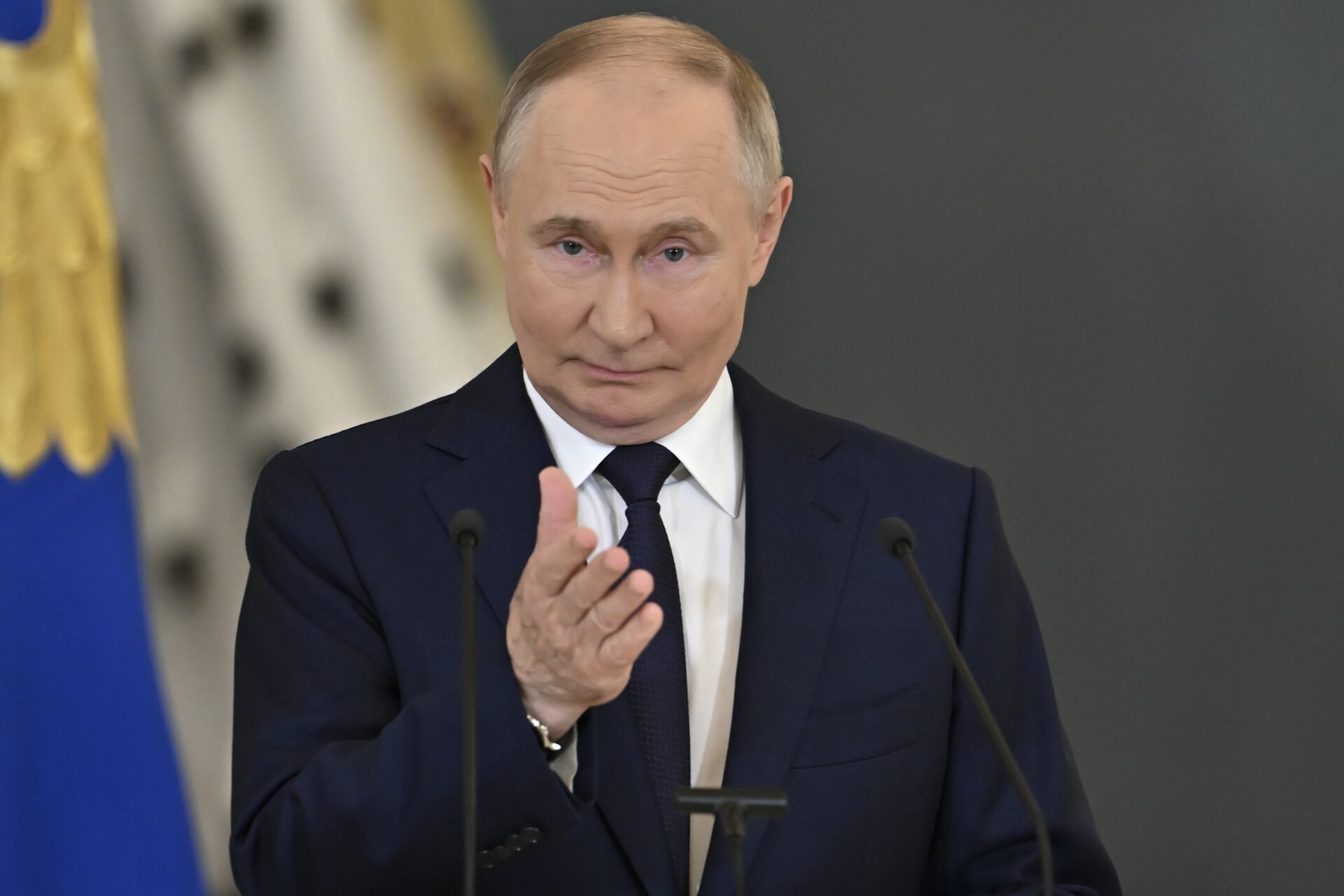
Trump Tariffs JOLT Japan’s Defense Strategy!
Donald Trump’s escalating tariffs and erratic foreign policy have pushed Japan to reconsider its long-standing defense posture, even entertaining once-unthinkable discussions about nuclear weapons.
At a Glance
- Japan is reassessing its defense strategy amid U.S. policy unpredictability
- Trump’s tariffs have strained trust with Asian allies
- Discussions of nuclear options mark a major shift in Japan’s security outlook
- U.S. reliability as a security guarantor is under increasing doubt
Tariffs as a Catalyst
Japan’s postwar security strategy has rested on a stable alliance with the United States, which provides extended deterrence under the American nuclear umbrella. That foundation has begun to erode as Trump expands tariffs into broader statecraft, leaving Tokyo questioning Washington’s long-term reliability. Japanese officials cite tariffs on auto exports and semiconductors as both economically damaging and symbolically destabilizing, undercutting confidence in U.S. commitments.
Watch now: Japan Threatens Nuclear Option Against US Tariffs
This trade-first approach has blurred the line between economics and security, forcing Tokyo to weigh whether its dependence on U.S. guarantees leaves it dangerously exposed. Analysts warn that such recalibration could accelerate broader regional instability, especially as North Korea continues to expand its missile arsenal.
Strategic Repercussions
Discussions of a nuclear option within Japan remain highly sensitive, given its pacifist constitution and history as the only nation to experience nuclear attack. However, the fact that the idea is being raised publicly underscores a profound shift in strategic thinking. Some lawmakers argue that if Washington prioritizes tariff leverage over alliance stability, Tokyo must prepare independent options to secure its future.
The ripple effects extend beyond Japan. South Korea, already unsettled by U.S. tariff policies and reduced predictability in defense assurances, is closely monitoring Tokyo’s debate. A potential Japanese move toward nuclear capability could prompt parallel discussions in Seoul, threatening to unravel decades of non-proliferation efforts in East Asia.
Trust in Question
Underlying these developments is a deeper crisis of confidence in U.S. leadership. For decades, American commitments were seen as durable, even across partisan administrations. Trump’s approach—frequently altering policy through tariff announcements and trade ultimatums—has weakened that perception of continuity. Diplomatic observers warn that allies are beginning to treat U.S. assurances as conditional, complicating joint planning on both economic and defense matters.
This shift highlights how tariff-driven strategy, while framed as a tool of economic leverage, carries geopolitical consequences that extend far beyond trade balances. In Tokyo, the resulting debates underscore the risk that allies will reconsider their security futures in ways that diminish U.S. influence and destabilize regional order.
Enduring Consequences
The long-term implications of Japan’s reassessment are significant. Even if nuclear options never materialize, the erosion of unquestioned trust in Washington marks a structural change in the alliance. Such doubts may drive Japan to expand regional defense cooperation with Australia, India, and Southeast Asian partners, creating parallel structures less dependent on the U.S.
Analysts caution that rebuilding faith in American reliability will take sustained diplomatic effort. In the absence of such reassurance, tariff-centric policies may continue to push allies into strategic recalculations, reshaping the security landscape of Asia in ways Washington did not intend.
Sources
Reuters
The Guardian
Financial Times


